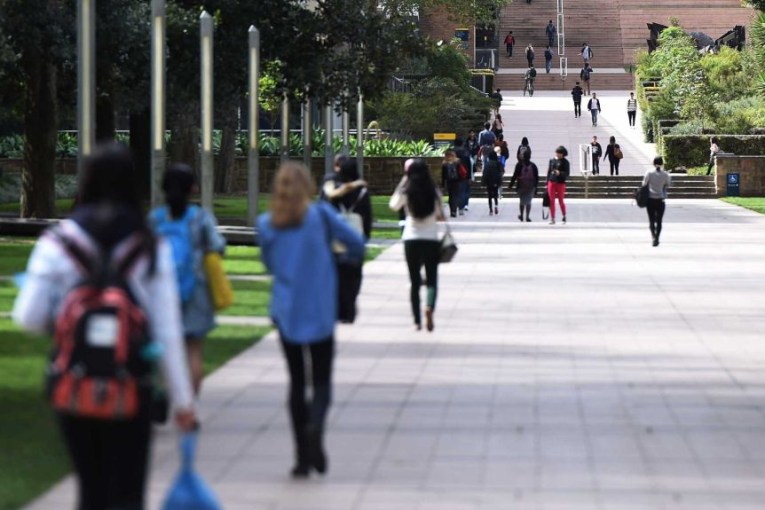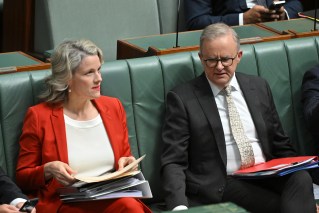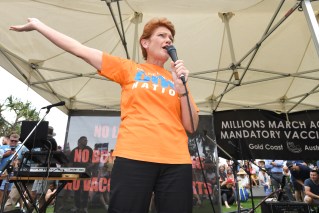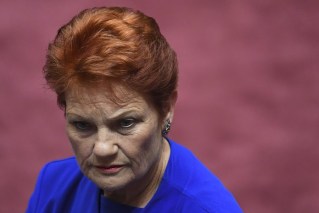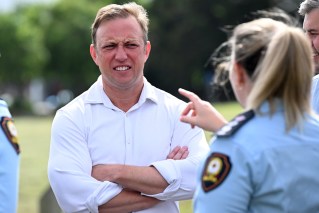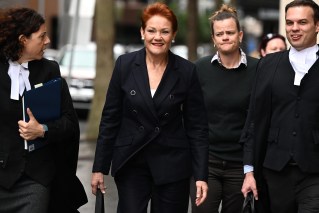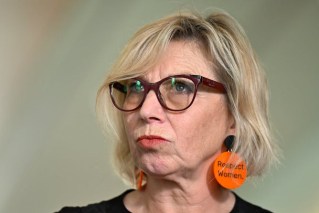Polls apart: Why we’ve just entered the biggest election-a-thon we’ve ever seen
Dennis Atkins greets 2024 polishing his cloudy crystal ball of political prediction and a celebration of the biggest year for voting on record.

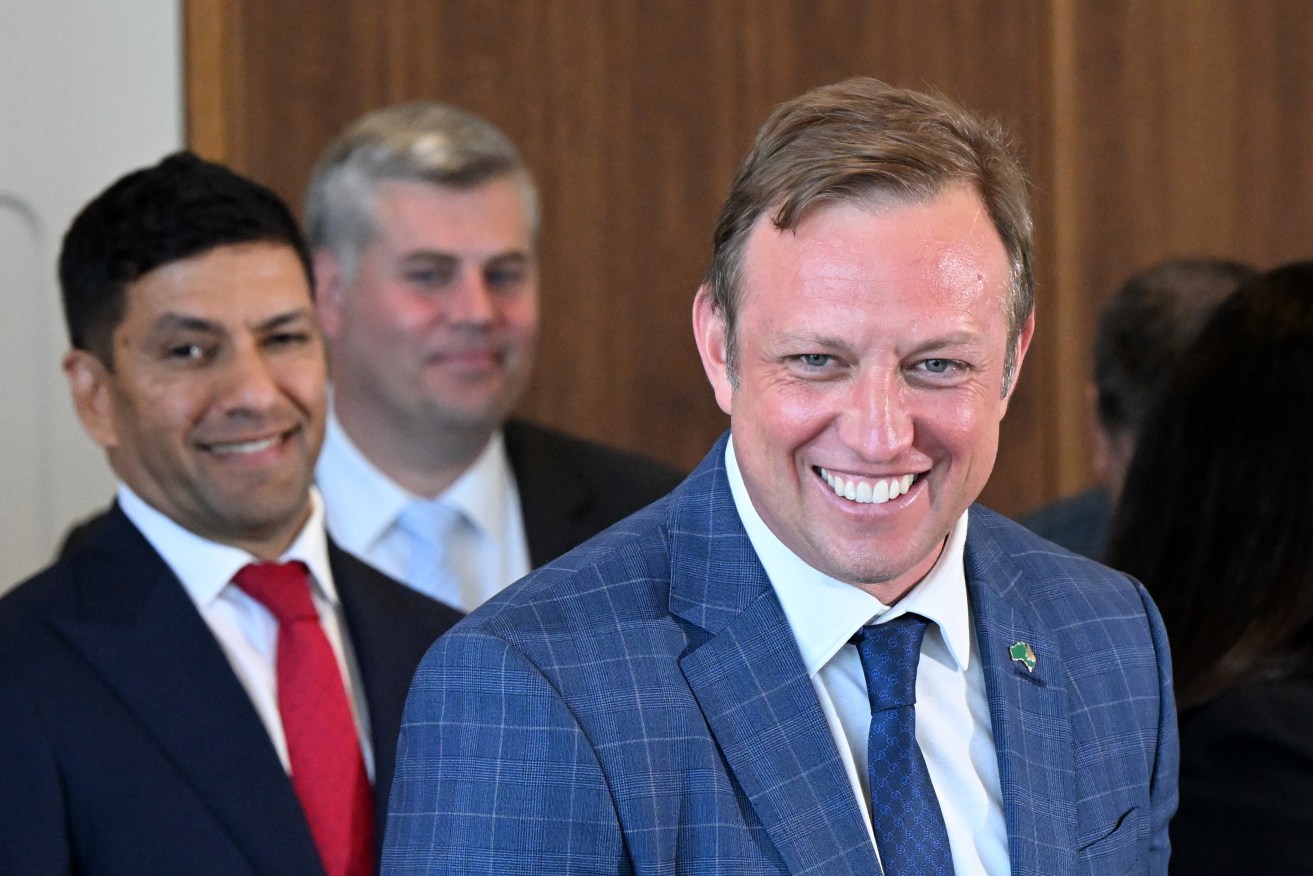
Queensland Premier Steven Miles (right) is seen with his new ministers during a press conference in Brisbane, Monday, December 18, 2023. (AAP Image/Darren England)
This past Sunday saw the first contest of the biggest voting festivals in history – “Democracy’s Super Bowl” says The Guardian – get underway in an election definitely on the neither free nor fair side of the ledger.
Bangladesh might be a big nation, with a population of 170 million, but of the 11 national polls held since independence was declared just over half a century ago, just four were seen as meeting basic “free and fair” standards.
This latest election will be no different.
That’s the thing about elections these days. Freedom and democratic norms are harder to come by.
So here we are: the Vote-a-palooza! when more than two billion voters head to the polls in 50 countries across the globe.
Queensland’s 3.5 million or so enrolled voters will be little more than a footnote but you can bet all attention here will be consumed by the local contest as the year unfolds.
In India 900 million will be eligible to vote, the United States presidential and other elections in November could turn out as many as 160 million, the European Union has a continent-wide poll where about 430 million will elect some 720 members of the EU parliament.
British prime minister Rishi Sunak confirmed in recent days that country’s 47 million eligible voters will also go to the polls this year.
Other big electoral contests include Mexico, Indonesia and Taiwan while “fair” votes in name only will be held in the autocracies of Russia, and Iran. Pakistan also votes but it is unlikely to be free or fair.
What could be one of the more consequential contests will happen in Taiwan this coming Saturday. How the People’s Republic of China across the Taiwan Straits views the outcome will be critical for regional and global geopolitics in the months head.
The number of voters in Queensland might be small by comparison to these places but voting should be celebrated.
In November last year (2023) the Stockholm-based International Institute for Democracy and Electoral Assistance called out 2022 as the sixth successive year in which countries where democratic rights were in decline out-numbered advances for those with such freedoms.
The measures used by the institute rated the decline of democratic freedom as being at its worst for almost half a century in a majority of nations surveyed.
This underscores why valuing and protecting the vote Queenslanders will cast this coming year – in local elections in March and the state-wide polls in October – are so important.
Australia has one of the best electoral systems and can boast what’s close to the fairest in the world.
For almost 40 years there have been independent electoral commissions overseeing elections at every level, drawing up boundaries for seats, managing the conduct of elections and providing the foundation for the orderly transfer of power when an incumbent government loses the trust of the public.
People debate whether the current arrangements favour the two party system, giving the big parties more sway and squeezing out minor parties and independents. Of course, any move for reform would require the support of the big power blocs which is why it’s unlikely to happen.
A growing number of observers look towards the mixed-member proportional system adopted by New Zealand after the 1996 election as a way of broadening democratic representation. This change forced deals between the big parties and the smaller groups to form government on all but one occasion (which was in 2020 when Jacinda Ardern won in a landslide).
In Queensland, such an approach would see half a dozen or more Greens Party MPs in and around Brisbane, a possible doubling of the Katter Party’s presence in the north and a mix of One Nation and independents in central regional and outer suburban electorates.
In such circumstances, neither Labor nor the LNP would have any claim on a majority and would have to construct a viable governing coalition. This is something the major parties would never allow to happen.
Meanwhile, we have the election we are going to have designed by those who benefit most from the status quo.
Labor enters 2024 with a sugar high from its leadership change, spiked by the departure of Annastacia Palaszczuk who had been a drag on its support for six or more months – creating a doom loop the longer the former premier stayed.
The LNP thinks not much has changed although the realists in the opposition’s ranks know they have a closer contest than was playing out before.
The Greens Party are probably best placed to make gains, regardless of what’s occurred inside the ALP. The possibilities for extra seats are not much different now Steven Miles is premier. The Greens Party was going to do well before. The party will do well now.
On paper, any optimism in Labor’s ranks is probably illusionary and the LNP is sensible to keep its eye on a transition later this year. The opposition should not, however, get over confident or complacent.
When Palaszczuk was premier Labor had a low chance of retaining government – maybe at odds as long as one in 10.
Now under Miles that quote should be dialed in to about one in four.
Suburban and outer urban Brisbane are blighted by issues not running Labor’s way. Youth crime is regarded as chronic in many parts of the state but in most electorates in the south east it’s a topic of discussion and there is at the very least a perception not enough is being done.
The only place where youth crime is of greater impact than anywhere in Brisbane is in Townsville where Labor’s three seats are in serious trouble.
There are problems in other regional areas and these will ebb and flow as the election comes into focus. Sentiment might be sour but it is not set in negative territory everywhere.
Beyond these regional seats from the south east from Noosa to the NSW border is a mixed bag for the ALP but there are enough losses to the LNP and the Greens Party to push Labor out of office. Just how things pan out in the South East will be explored in a further column later in January where we will also look at the Brisbane City Council elections.
We’ll also in coming weeks look at whether the horse race coverage of elections – who is ahead and who might win – has passed its use-by date. Is there a better, citizen based approach?
Overall, Labor is in a better position than it was at the beginning of December but just how Miles performs, how different his government is and how the public is reacting to him and his administration is already mapping the year ahead.
Four to six weeks ago there was no contest. Now there probably is a decent fight on offer albeit still skewed against the incumbent.
